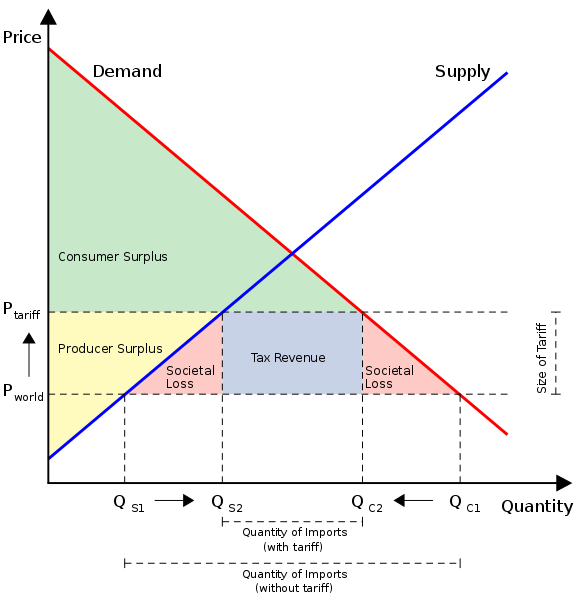
The United States has long relied on the concept of the individual to bolster its national narrative and, paradoxically, to unite its citizens. From the foothills of rural Appalachia to the skyscrapers of New York City, the American public was imbued with a profound reverence for the autonomy granted to them by a ‘government of the people, by the people, for the people.’ For Republicans, this government served to uphold the personal freedoms stipulated in the Bill of Rights; for Democrats, the government’s role was to defend the civil liberties of the people it pledged to protect. These separate but related iterations of the American dream have acted as political unification tools for decades, allowing both parties to acknowledge and appreciate an independence unique to ‘the land of the free and the home of the brave.’ However, since the neoliberal revolution of the 1980s, a movement fronted by fiscally conservative figures like Ayn Rand, Margaret Thatcher, Ronald Reagan and Alan Greenspan, America’s individualist ideology has become hyper-aggressive and toxic, a manifestation of capitalism’s gluttonous id. Neoliberal policy has influenced not only the economy but Western identity itself.
Neoliberalism is, at its core, an economic framework with far-reaching ethical ramifications. The fundamental tenets of neoliberalism involve total deregulation of the free markets and intense competition between laborers and businesses alike, purportedly to foster a commercial landscape that rewards merit rather than luck. On its surface, the neoliberal structure alleges to provide equal opportunity for men and women to achieve financial and job security based on their work ethic, not government support. The unemployed, it argues, are not disadvantaged but merely lazy; without the safety net of public welfare programs, they will either be motivated to find a career or be culled from the workforce á la social Darwinism. In this model, the market dictates hiring patterns, wage rates and prices of goods and services with the autocratic power of a king, supposedly liberated from greedy state interests.
What neoliberalism neglects to consider, however, is reflected in the common maxim “you have to have money to make money.” In much the same way, a market utterly free of government control mechanisms unjustly favors large-scale, established firms and propagates a corrupt corporate culture. In his book “Selfie: How We Became So Self-Obsessed and What It’s Doing to Us”, award-winning journalist Will Storr compares neoliberal theory to a perverse contest. “The more the winners win, the more powerful they become, and the more able they are to tweak the game’s rules in their favor. Even greater freedom from regulation, for businesses and banking, has meant those businesses and banks have been increasingly empowered to act in their own self-interest.”
And yet, a laissez-faire approach to industry supervision has a potent impact on more than just the economy. As companies continue to act with egregious disregard for their moral obligation to others, so too do their employees. This phenomenon is best explained by neoliberal champion Alisa Zinovyevna Rosenbaum, a Russian expat better known by her pseudonym Ayn Rand. In her philosophical treatise “The Virtue of Selfishness: A New Concept of Egoism”, Rand writes, “The man who does not value himself, cannot value anything or anyone.” In a post-isolationist world where a computer programmer’s job can be outsourced to cheaper foreign labor or a new generation of working class high school graduates struggle to find work in the face of sweeping automation reforms, a mentality of cut-throat rivalries among potential job seekers seems not only appropriate but necessary. All notions of cooperation, of sacrifice for the collective good, are no longer relevant as the demarcation between “me” and “you” grows ever starker.
The American system of ideals has been completely transformed by the rise of neoliberalism, which has born a society not of prosperity but of selfishness. The demand for big business regulations has become imperative if this country is to preserve its founding principles of justice and opportunity for all.






Jack Lynn • Mar 25, 2019 at 1:41 pm
nice